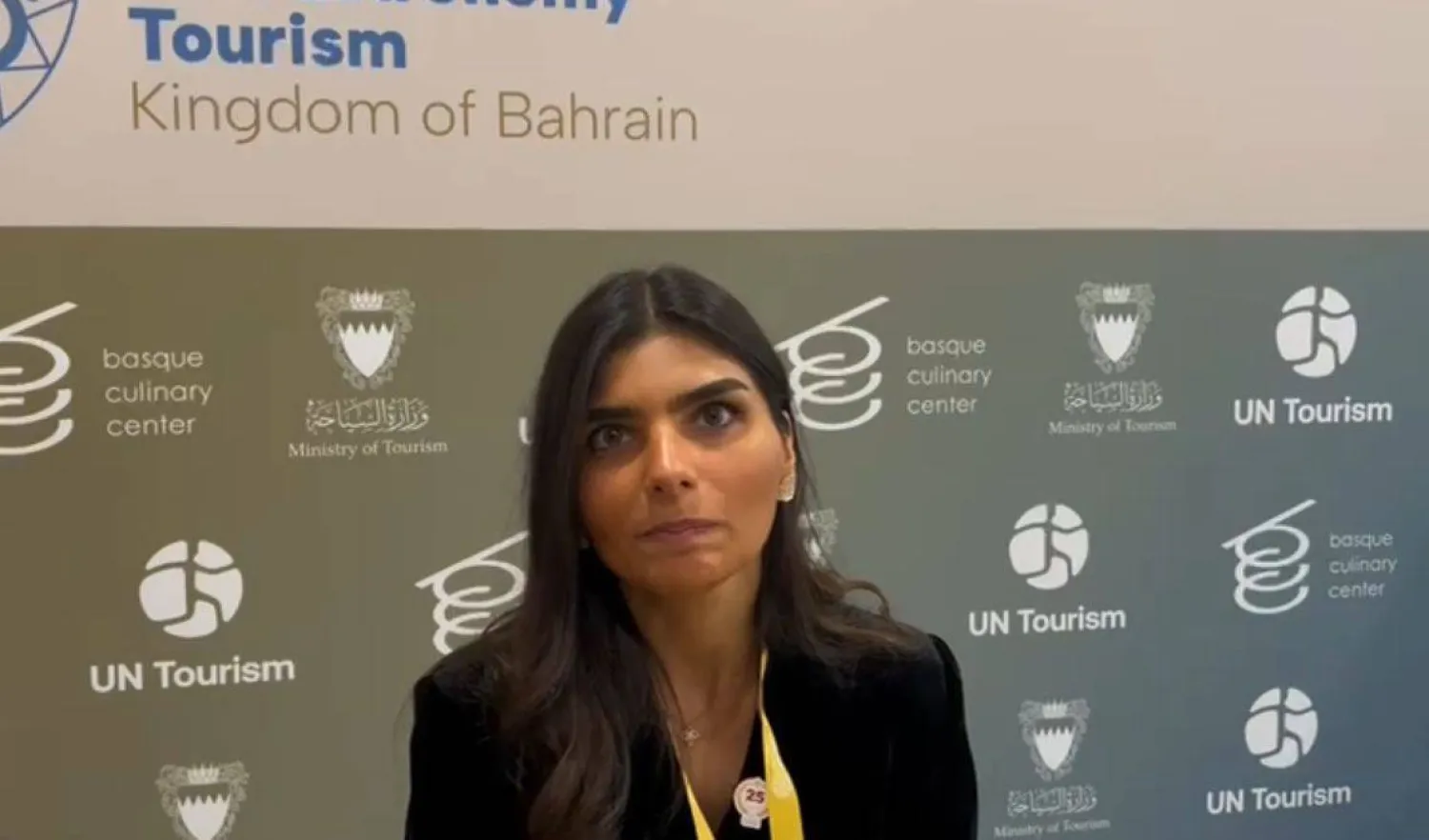Sara Ahmed Buhijji, CEO of Bahrain Tourism and Exhibitions Authority, revealed the formation of a committee dedicated to coordinating exhibitions, conferences, and tourism events between Manama and Riyadh, with the aim to maximize mutual benefits for both countries in the sector.
Buhijji was speaking on the sidelines of the 9th UNWTO Forum on Gastronomy Tourism, held in Bahrain from November 18-19.
The event, which is taking place for the first time in the Middle East, is organized by the Bahrain Tourism and Exhibitions Authority, the UN World Tourism Organization, and the Basque Culinary Center.
According to Buhijji, Bahrain and Saudi Arabia are promoting a shared tourism product, given their geographical proximity and close ties. Visitors to Manama can easily travel to Saudi Arabia, either via the King Fahd Causeway—reaching the Eastern Province in less than 20 minutes—or by air, with a flight to Riyadh taking approximately 30 minutes.
She also highlighted a targeted effort to attract tourists from five key countries, including GCC nations, with a particular focus on Saudi Arabia as one of the largest sources of visitors to Bahrain.
Buhijji emphasized the significance of hosting the 9th UNWTO Forum on Gastronomy Tourism in the Middle East, which has attracted over 650 participants from 59 countries, including the GCC.
She noted that hosting such a prominent event demonstrates Bahrain’s capability to attract large-scale events, thanks to its robust infrastructure, numerous hotels, and Bahrain International Airport’s capacity to handle a significant number of visitors.
Coordination Committee Seeks to Promote Bahraini-Saudi Tourism Exhibitions

Sara Ahmed Buhijji, CEO of Bahrain Tourism and Exhibitions Authority

Coordination Committee Seeks to Promote Bahraini-Saudi Tourism Exhibitions

Sara Ahmed Buhijji, CEO of Bahrain Tourism and Exhibitions Authority
لم تشترك بعد
انشئ حساباً خاصاً بك لتحصل على أخبار مخصصة لك ولتتمتع بخاصية حفظ المقالات وتتلقى نشراتنا البريدية المتنوعة







